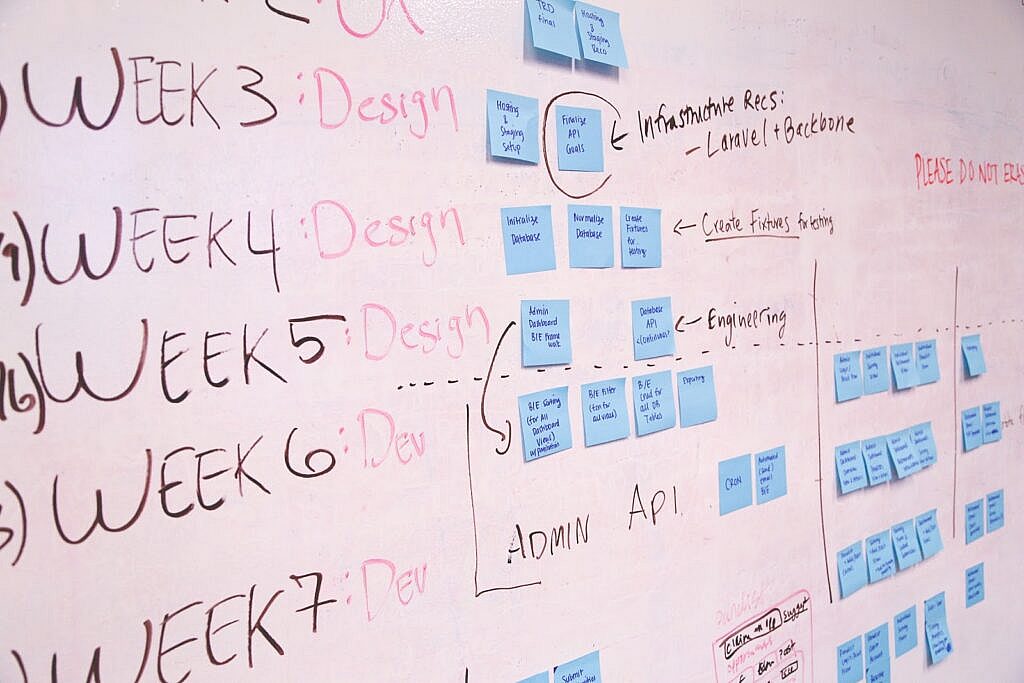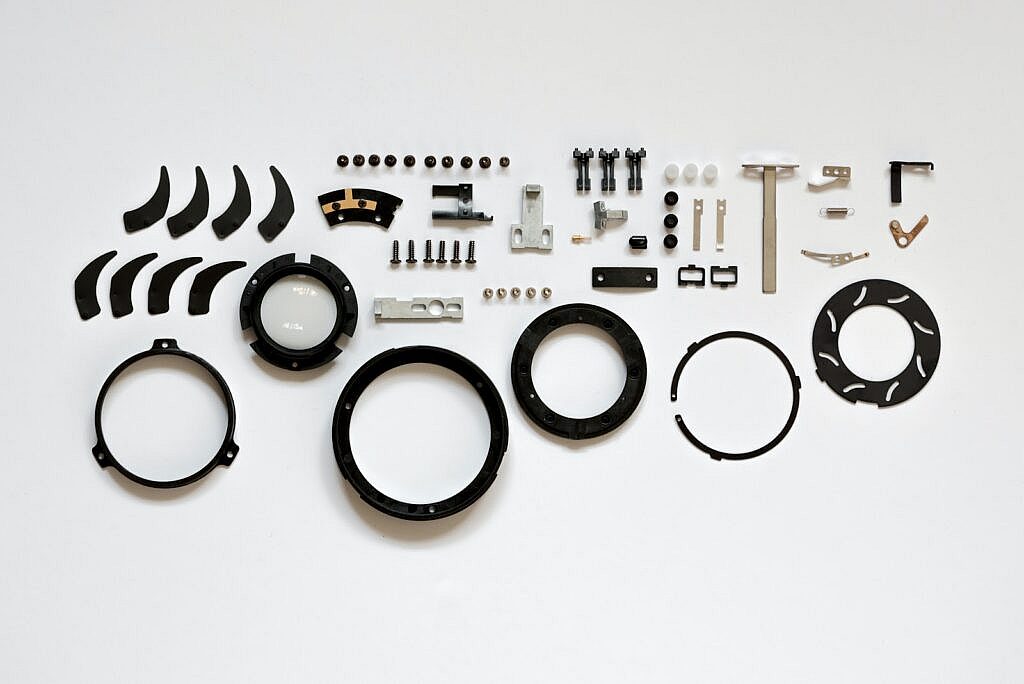DevOps has become a crucial part of software engineering as companies increasingly spend on cloud computing, microservices, and containers. High competition and customer expectations account for the rise of serverless computing, a major development in cloud-based and microservice architecture.
Businesses all around the world are interested in innovative practices that improve application performance as well as software development speed, security, and reliability. This is where serverless computing comes in, especially if we consider how much time companies generally take to build and deploy applications.
How are serverless and DevOps related? Let’s begin with their definitions. DevOps utilizes tools and methodologies that deliver applications and services at high velocity. This allows organizations to revamp their customer service and compete more efficiently in the market.
On the other hand, serverless technology redefines how IT professionals create and operate software systems. It allows companies to run highly available and scalable cloud workloads which makes an ideal scenario for multiple product types and business use cases. A CSP supervises OS updates, hardware management, and similar operational tasks. They also allocate machine resources which means developers have nothing to do with server management. You only pay for the resources your business consumes, hence eliminating the risk of underprovisioning or overprovisioning for computing and storage. Your developers also win because they only have to focus on building quality web applications.
Serverless & DevOps: A Powerful Combination
DevOps prioritizes an automatic software development cycle consisting of building, testing, deployment, and updates via the Continuous Integration and Continuous Delivery (CI/CD) pipeline. Serverless computing does more than just simplify and streamline DevOps. By going the serverless route, you bridge the gap between Dev and Ops. How is this so?

What happens is you examine your infrastructure stack from the very beginning. So, you handle infrastructure setup while your teams produce the code. This differs from a traditional approach where developers write code and create deployable artifacts which they relay to the Ops team for deployment. Everyone then assumes that the operations staff will handle both the compute and network infrastructure. When you switch to serverless, you cannot separate development from operations. Even deploying a simple function involves decision-making from both ends.
For example, how much available memory and time budget for a function invocation you have are two standard configuration options. In any situation, it is essential to achieve an optimal configuration of the function. Your teams should be able to rapidly adjust the settings as per your budget and performance metrics or benchmark. Most analytics and insights are accessible right after resource provisioning, so you can consider aspects like capacity planning and performance optimization during development.
These are not all. You can tailor CI/CD to your application requirements and implement usage-based cost models as well as supportive services such as AWS Code Build, AWS Code Pipeline, etc. It becomes easy to carry out an entire build as well as test and deploy pipeline by using serverless to write the glue code without a host. Functions implement the business logic and glue services that offer messaging, integration, Machine Learning (ML), and content delivery. These cater to complex engineering use cases and challenges while allowing for fast prototyping and development. You get to revamp infrastructure and bring your business strategy into a single repository that facilitates easy deployments.
Why is this relevant? If developers are unable to concentrate on the business logic, they cannot launch great applications with the exact piece of code they must execute when a certain event has to take place. With DevOps, you bring users together and consolidate them into one team where they collaborate throughout the lifecycle of an application. They cover everything from development and deployment to testing and finally, operations. Furthermore, you get to automate slow and time-wasting processes through sophisticated tooling and technology stacks. Your applications and software become the backbone of your business, allowing you to deliver value to your customers.
The Future Of Work
The serverless approach to writing and deploying an application is all about bringing the focus on code. This reduces system complexity and OpEx, not to mention how it accelerates productivity and time to market. Now, you are most likely thinking ‘but serverless locks me in an application and its infrastructure to the vendor I work with. Is this practical?’
Let’s not forget that serverless uses popular third-party services like Microsoft Azure to eliminate VM and physical server installation and configuration. With such flexibility, we can expect experts to gear future efforts towards unifying FaaS APIs that will prevent vendor lock-in. FaaS is the perfect solution for applications running in the cloud, and we do not have to run and wait for API calls or HTTP requests. When this time comes, we may also be able to run serverless apps on different CSPs or even on-premises.

Serverless Cloud Services
You have heard about how serverless computing and container orchestration especially Kubernetes and Docker are revolutionizing cloud technology. Do you know that many people blend serverless with the cloud? This is because services like Lambda, Azure Functions, and Google Cloud Functions are the most straightforward to run application code on serverless infrastructure.
DevOps experts can also use AWS Lambda or Azure Functions to build a DIY toolchain and each CSP includes a serverless offering for all phases of the CI/CD pipeline. AWS, Azure, and Google Cloud instantly facilitate DevOps tools that do not need server setup or management. Also, it does not matter which cloud your business uses. As long as your DevOps team and cloud-native developers are at ease with SaaS for their toolchains, they can incorporate a range of services into serverless DevOps workflows.
In many cases, serverless code improves application scalability and efficiency while reducing OpEx. When using serverless for DevOps, teams without a fully automated code development and deployment pipeline must review Lambda, Azure, and Google Cloud Functions. Implementing these services gradually allows specialists to fill gaps and technical discrepancies in their current toolsets. They can even combine these services to create a complete pipeline.
Consider conducting training sessions or continuous assessments to learn more about specific tools and see how other companies leverage them to automate development workflows. Consult your service provider or evaluate product integrations that allow cloud services to work with DevOps tools that your enterprise has already installed.
Advantages Of Going Serverless
- You reduce the configuration time and effort for developers, allowing them to build quality applications. Scaling, provisioning, and monitoring is not an issue.
- There is no complex technology stack to deal with. Easy to navigate solutions like Azure and Lambda provide a comfortable environment to run modern applications at scale.
- Your teams transition from traditional workflows and involve themselves in event-driven computing to reduce costs and free up time.
- You quicken software release cycles and time to market.
- Users can work with Agile development so that developers can deliver code faster without sacrificing quality.
- The environment complements microservices which you can implement as functions.
Conclusion
At Clouve, we provide every imaginable DevOps service you could possibly think of. Whether you require consulting, configuration management, automation, testing, monitoring, backup, security recommendations, or technical support, please get in touch with us. We also offer premium cloud computing solutions that empower every stage of the DevOps lifecycle. You name it, we have it!